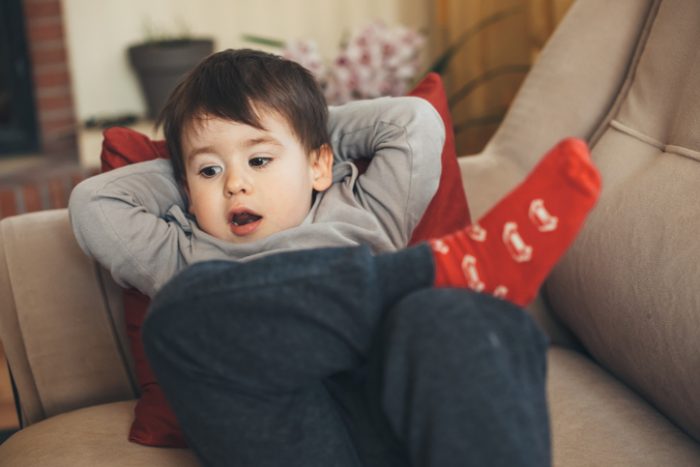Practising self-care routines at a young age can reduce the risk of developing mental health conditions like anxiety and depression. The earlier your child learns self-care, the more likely they are to maintain those good habits into adulthood.

Ashleigh Louis, Ph.D., LMFT, a psychotherapist and yoga instructor in Laguna Beach, California, says instilling self-care habits from a young age can help kids manage future life stressors and reach their full potential while reducing the risk of developing mental health conditions like anxiety and depression.
« It’s much more difficult to create a habit than it is to maintain one, » she says. « The earlier children begin practicing these skills, the easier it will be for these habits to become normal and expected aspects of their lives, rather than short-term New Year’s resolutions that fade out by early March. »
The best self-care habits for kids are those that can be practiced regularly, provide relief from stress, and support the maintenance of a healthy body and mind, Louis says. From painting and tennis to journaling and meditation, there’s bound to be a self-care habit your child can get excited about.
Ready for some lessons in self-care? Here are four places to start.
Begin with the basics. Do you help your child take a bath? Brush her teeth? Eat wholesome foods? Then you’ve already started setting the foundation for good self-care. Deneen Vojta, M.D., a pediatrician and executive vice president for UnitedHealth Group, says even basic self-care habits can help kids handle whatever life throws at them.
« We all need to learn how to do basic tasks at some point—brushing our teeth or getting dressed—and if you model patience and perseverance, children may feel safe to explore and make mistakes, » she says. She mentions some self-care practices to model for your kid are as simple as hand-washing and preparing food.
Nourish the mind. Encourage your kid to step away from the screen, set down their toys, and get in touch with their inner self. « Activities that encourage mindfulness, such as yoga, tai chi, and guided imagery are powerful tools that help build insight, awareness, and perhaps most importantly, tolerance for discomfort, » Louis says.
Challenge the body. « Exercise is another fantastic self-care habit, especially when approached with the intention of taking care of the physical body and mind, » Louis says. Encourage your child to pursue physical activities that they enjoy, whether it be joining a sports team, walking around the neighborhood, or simply dancing in their bedroom to their favorite boy band.
Make downtime a priority. Doreen Arcus, an associate professor of psychology at UMass Lowell who specializes in child development, says even young children can benefit from downtime. « Routines that include quiet time, even if it is a few moments being held in a rocking chair, perhaps being sung to or read to, offer opportunities for centering and connection, » she says.
« Older children and teenagers should be encouraged to take time out of their busy schedules, » she adds. « Take a break in between school and diving into homework, then take a break after each assignment is completed to go outside or get some exercise or even go back to the old rocking chair. »
Also, remember that your idea of self-care may differ from your kid’s idea. « Parents should watch out for how children respond to the self-care activities, » Louis advises. « It could be that their children do not find the same benefits from the parent’s self-care activity of choice. Expose your kids to a variety of strategies so that they can discover what suits their needs best. »
While teaching your child self-care habits, don’t forget to take care of yourself. « Parents may feel like they’re neglecting the many demands on them when they take time for self-care, but taking time to recharge and re-center can provide reserves of energy for work and family tasks, » Arcus says. « And setting this example is important as children may learn more from what we do than what we say. »
Even if it’s something small like time for a cup of tea in the evening when mom takes a few minutes in a no-one-bother-me zone, it can be a positive example, » she adds.
Source: we have found this article by Erica Jackson Curran on parents.com.
